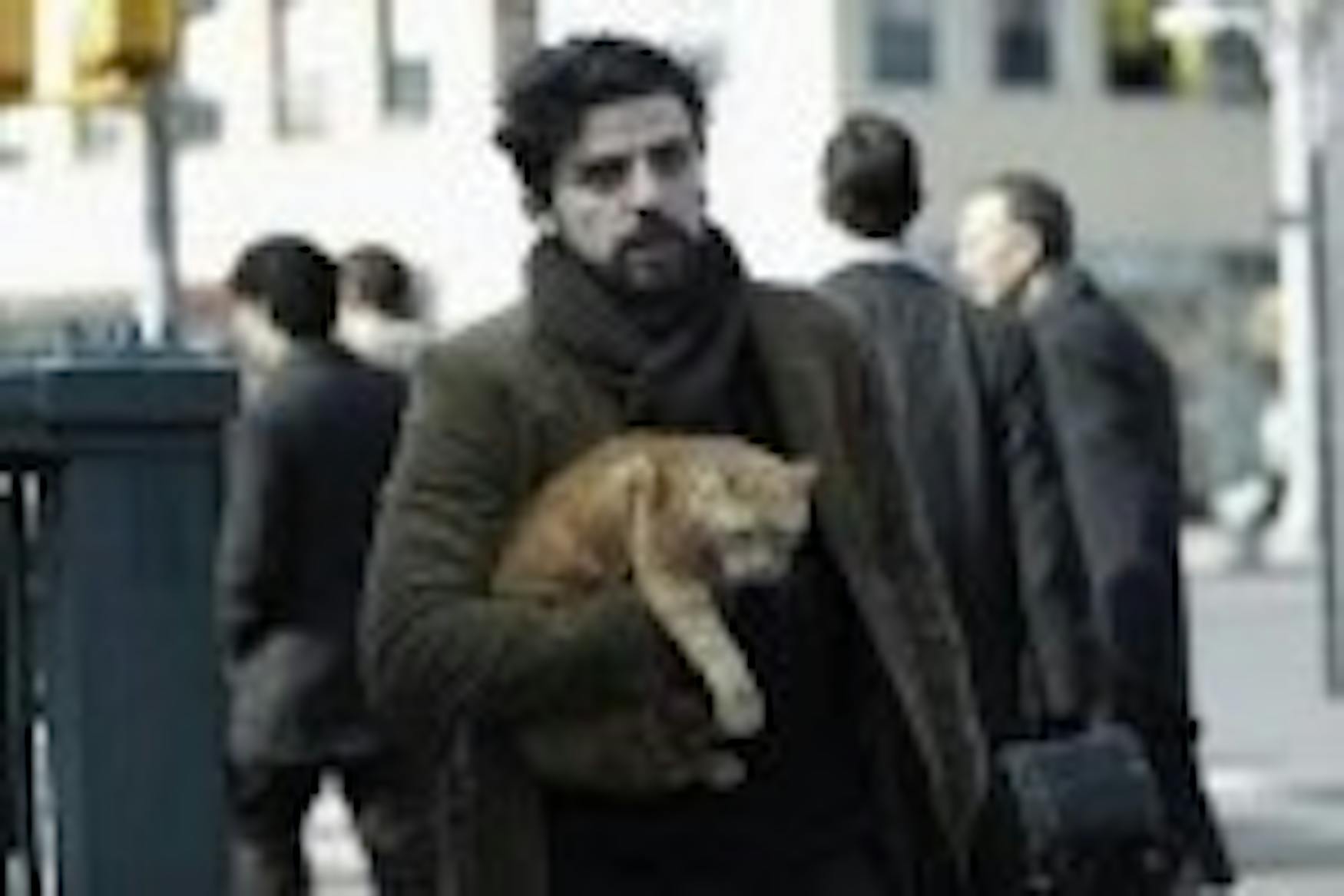Film chronicles singer's journey
Joel and Ethan Coen issue a poignant yet chilling homage to the early 1960s folk music scene in their latest box-office fare Inside Llewyn Davis, a film that had actually been screened at Brandeis last month by the program in Film, Television and Interactive Media
Joel, particularly, in an interview with Time Magazine, had this to say about the inspiration behind their newest title character, a loosely-based adaptation of folk singer Dave Van Ronk: "What's interesting to us are the people you know that are very good at what they do but aren't necessarily successful."
The Coens introduced their latest antihero to moviegoers this December in the form of Llewyn Davis, a gifted folk singer who fails to catch a musical break outside the confines of the Gaslight Caf?(c) in Lower Manhattan. Llewyn, impressively embodied by actor and singer Oscar Isaac, mesmerizes the Gaslight Caf?(c) crowd in the opening scene of the film with a soulful rendition of "Hang Me, Oh Hang Me," a tune that is met with a stirring, raucous round of applause.
Yet, the Coen brothers then show us the other half of Davis' story, lending insight into the fact that "while [he] may be very good at what [he does, he is] not necessarily successful." After his song, Davis is assaulted by an unnamed assailant in the back alley, who then departs with the words: "You can have this cesspool."
The plot of the film stems from this challenge: can Davis' get out of the "cesspool?" He is a homeless, penniless wanderer, resigned to bumming off of a dwindling network of friends, hoping against all odds that he can finally catch the musical break that thrusts him out of Greenwich Village.
As with every antihero, it seems the fate of Davis' quest is sealed from the start. He wears on the good will of his friends and fellow folk singers-Jean (Carey Mulligan) and Jim (Justin Timberlake)-and unwittingly signs away the royalties to a Columbia Records musical gig that could have changed everything. With no options left, he hitches a ride to Chicago to pursue the approval of Bud Grossman (F. Murray Abraham), a mythic club owner who holds the keys to Davis' salvation.
The ensuing road trip from New York to Chicago unfolds like a chillingly perverse Kerouac tale, populated by several of the Coens' favorite sinister actors-including the Neal Cassady look-alike at the wheel (Garrett Hedlund) and the grandiose, wheezing jazzman (John Goodman) on his deathbed in the back. It is also no coincidence that his orange tabby cat, fittingly named Ulysses, rests at his side, a testament in my mind to James Joyce's own nomadic, troubled protagonist-Stephen Dedalus.
Yet, the structure of the plot, a haphazardly constructed narrative bereft of any chronology and any form also reflects the lost, confused nature of Davis' road trip. The Coens propose this illusory end goal of musical fame in Chicago, an element that detracts from a well-crafted film. In the end, it's not about your typical cinematic plot, it's about the rise and fall of Llewyn Davis.
Inside Llewyn Davis is reminiscent of the Coen Brothers' older works: the central quest of the enigmatic, morally ambiguous antihero, the beautifully surrealist landscapes and the gratifyingly clever literary subtext.
However, this time, they have done something just a bit different. This type of film is something that I have not yet seen in their expansive, 30-year body of work: this folk tale has a bit of reality to it.
Unlike the biblical deserts of No Country for Old Men or the Western fantasy of True Grit, Inside Llewyn Davis is layered in an authentic folk scene in Greenwich Village, populated by the soft-spoken singers like Jean, Jim and Davis himself who defined a bygone era in New York City. The score, following "Hang Me, Oh Hang Me," is breathtaking, a thoroughly researched product of the pre-Bob Dylan folk tradition.
The film, in a sense, has a documentary feel to it, a niche that the Coens have not yet explored in a craft mostly inspired by fantasy and imagination.
For me, that makes Inside Llewyn Davis a one-of-a-kind film in the Coen canon and also indicates something else: the Coen brothers are unlike their cast of antiheroes. They are really good at what they do-but are also successful at it.




Please note All comments are eligible for publication in The Justice.